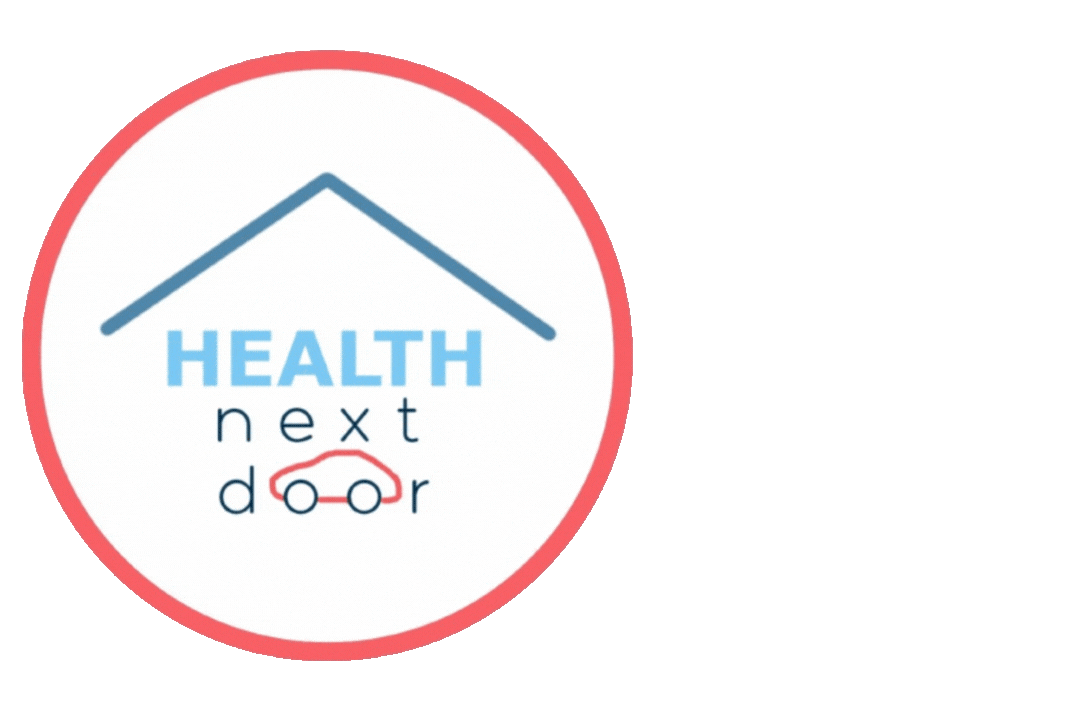Rehabilitation After a Car Accident: The Role of Physiotherapy in CTP Claims

Introduction:
Car accidents can have a profound impact on physical and mental well-being, often resulting in injuries that require extensive rehabilitation. For individuals involved in motor vehicle accidents, the process of recovery can be overwhelming, especially when navigating the complexities of Compulsory Third Party (CTP) insurance claims. In this blog post, we'll explore the critical role of physiotherapy in the rehabilitation journey following a car accident, particularly in the context of CTP claims, and how Health Next Door can provide support throughout this process.
Understanding CTP Claims:
Compulsory Third Party (CTP) insurance is mandatory in Australia and provides coverage for personal injury claims resulting from motor vehicle accidents. When a person is injured in a car accident, they may be entitled to compensation for medical expenses, lost income, and rehabilitation costs through their CTP insurance provider.
The Importance of Physiotherapy in Rehabilitation:
Physiotherapy plays a pivotal role in the rehabilitation process after a car accident. Whether you've sustained whiplash, soft tissue injuries, fractures, or more severe trauma, physiotherapy can help restore mobility, reduce pain, and improve function. Physiotherapists employ a range of techniques, including manual therapy, therapeutic exercises, and modalities such as ultrasound and electrotherapy, to promote healing and recovery.
Key Benefits of Physiotherapy in CTP Claims:
Evidence-Based Treatment: Physiotherapists specialize in evidence-based practice, meaning they utilize treatment methods supported by scientific research and clinical expertise. By receiving physiotherapy treatment, individuals involved in car accidents can access high-quality care tailored to their specific injuries and rehabilitation needs.
Timely Intervention: Early intervention is crucial in optimizing recovery outcomes after a car accident. Physiotherapy interventions initiated promptly following the accident can prevent the development of secondary complications, expedite healing, and facilitate a faster return to normal activities.
Functional Restoration: Physiotherapy focuses not only on alleviating pain but also on restoring functional abilities necessary for everyday activities and work-related tasks. Through targeted exercises, stretching, and ergonomic education, physiotherapists help individuals regain strength, flexibility, and coordination, empowering them to resume their daily routines and occupational duties.
Navigating Rehabilitation with Health Next Door:
Health Next Door understands the challenges individuals face in the aftermath of a car accident and is dedicated to offering comprehensive support throughout the rehabilitation process. Our team of highly skilled physiotherapists provides professional home-based physiotherapy tailored to your individual needs. From the initial assessment to ongoing treatment, Health Next Door is committed to helping you achieve a full recovery and optimal outcomes.
Conclusion:
By accessing physiotherapy services through Health Next Door, individuals involved in car accidents can receive timely, evidence-based treatment aimed at restoring function, alleviating pain, and facilitating a successful recovery. If you've been injured in a car accident, don't hesitate to seek the support of physiotherapy and leverage Health Next Door's expertise to reclaim your health and well-being with confidence.


-2.png?width=50&height=50&name=a43a24%20(1)-2.png)